Areas of Study
Graphic Design Degree
Graphic Design Program Description
The BFA in Graphic Design program at Maine College of Art & Design (MECA&D) prepares you to join the ever-evolving field of visual communication—encompassing branding, interactive, information, publication, and motion design. Our curriculum begins with a strong foundation in typography and design fundamentals and teaches students to combine the building blocks of visual language with their own creative expression. Faculty are practicing designers with deep expertise across media, working with clients ranging from international brands and national non-profits to local businesses and arts institutions in Portland.
Life After Graduation
MECA&D’s graphic design degree emphasizes communication design as an interdisciplinary field—building skills across many forms of analog and digital media: letterforms and typography, interactivity, motion, narrative, branding, publication, and information design. While earning your graphic arts degree, your techniques and design processes will evolve into an individual approach that will form the foundation of your professional practice.
Our state-of-the-art setting parallels a professional studio to familiarize students with the rhythm and mindset of graphic design after college.
Graphic Design Career Paths
Graphic designers have the flexibility to work independently or as part of a team, depending on their career path and project needs. Independent designers often manage every aspect of a project, from initial concepts to final delivery, giving them full creative control. Those in team environments collaborate with colleagues, combining their skills and perspectives to produce cohesive designs that meet client objectives. This blend of autonomy and collaboration allows graphic designers to thrive in a variety of professional settings.
BFA in Graphic Design Gallery
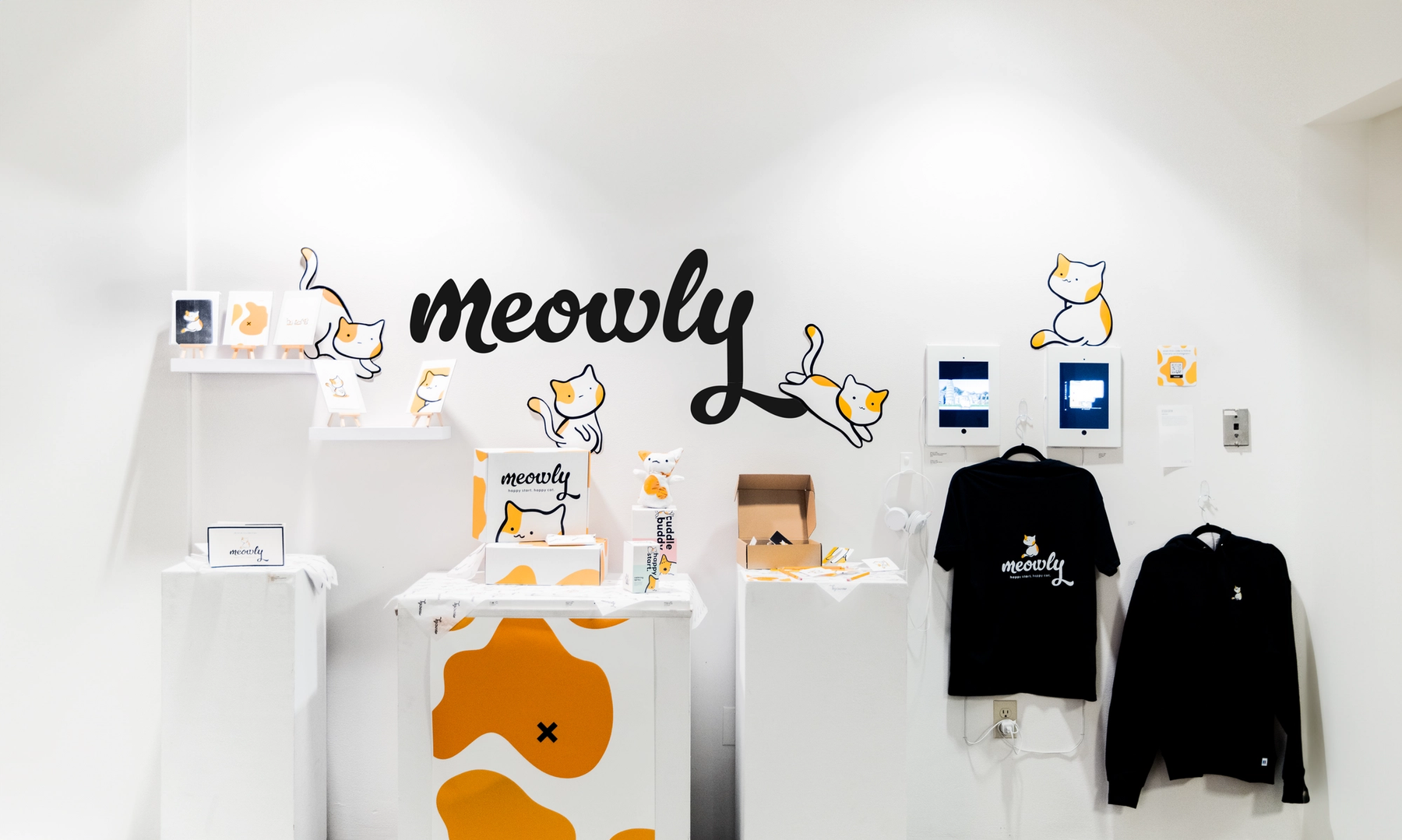

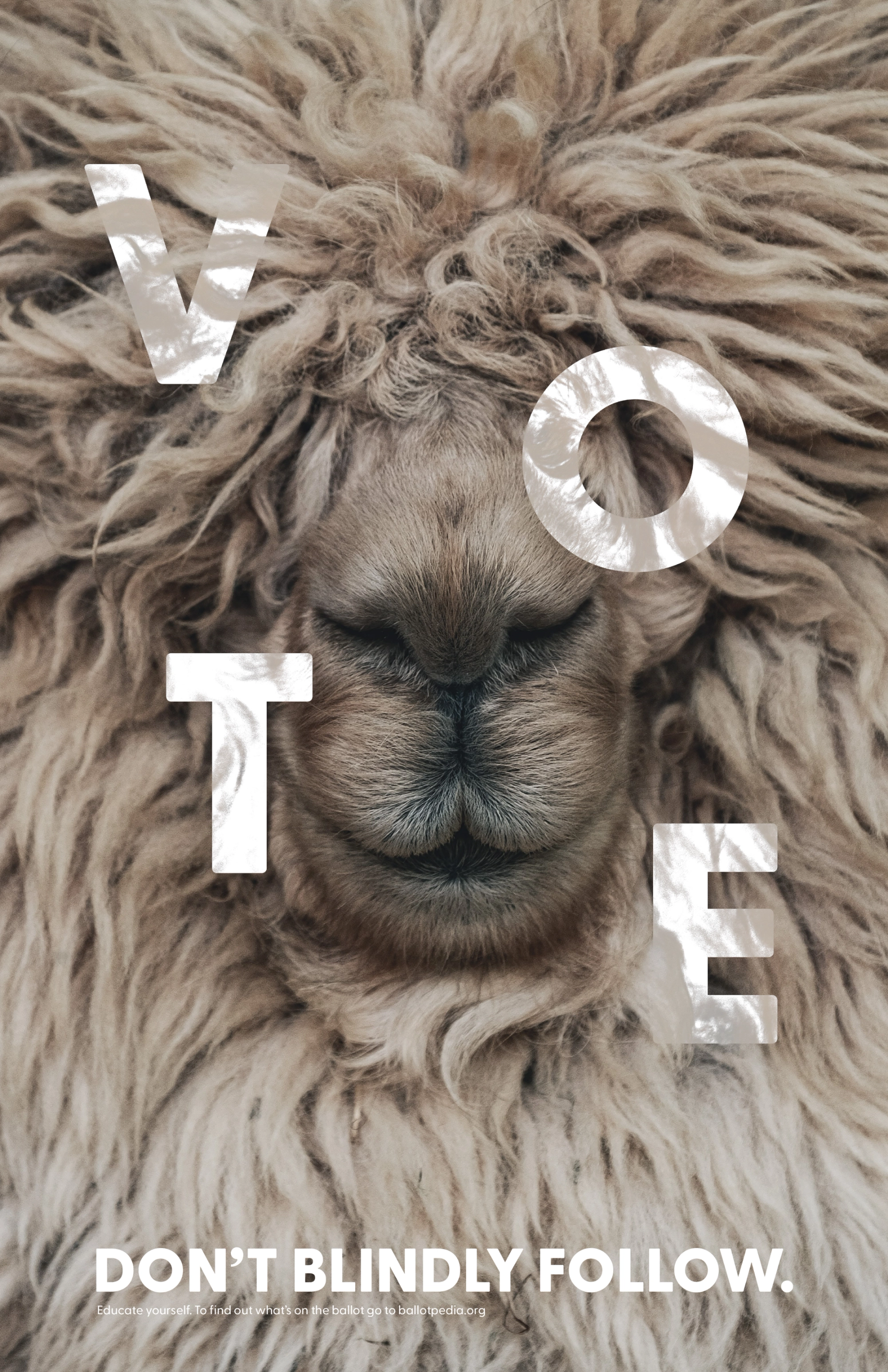
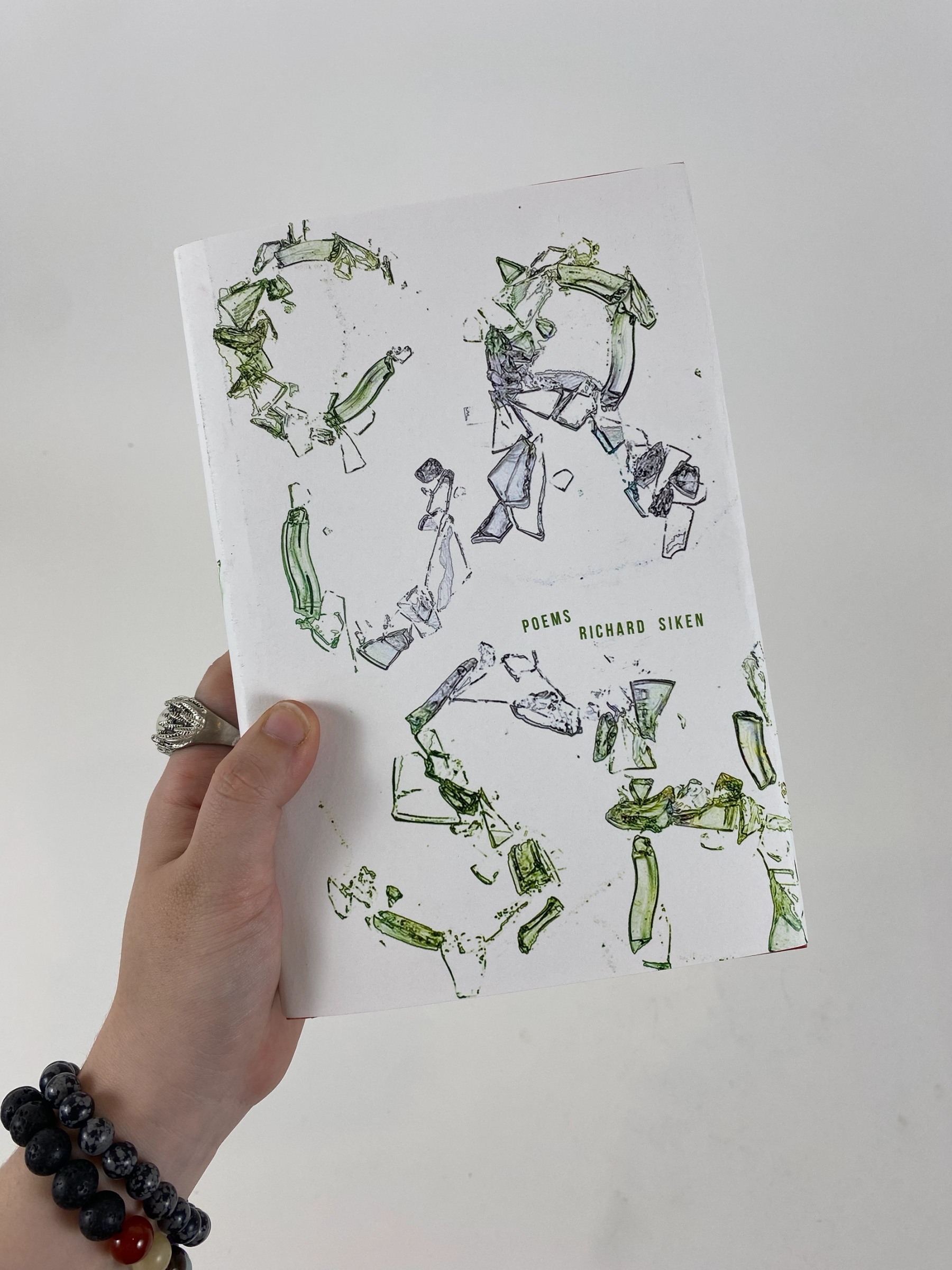
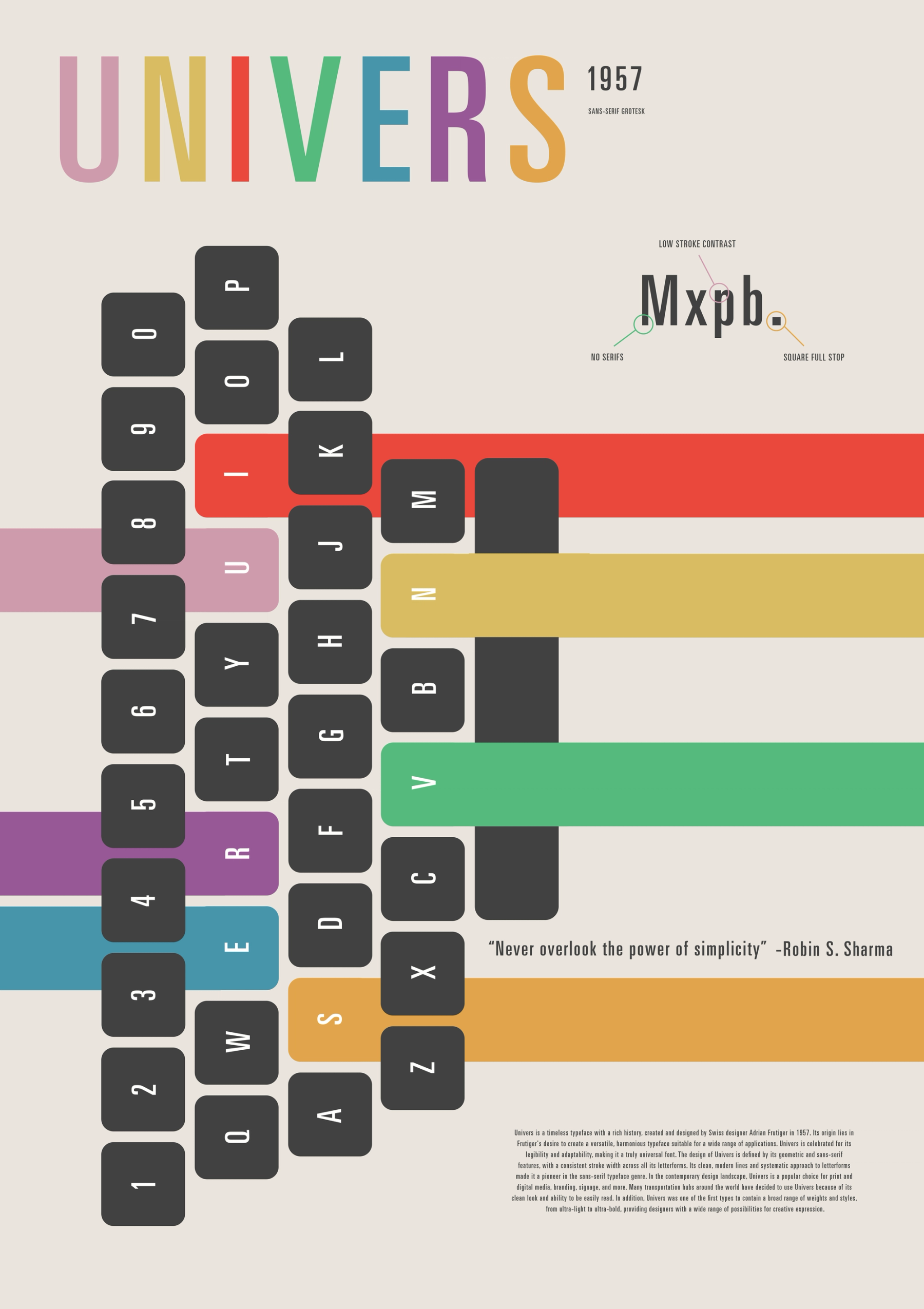
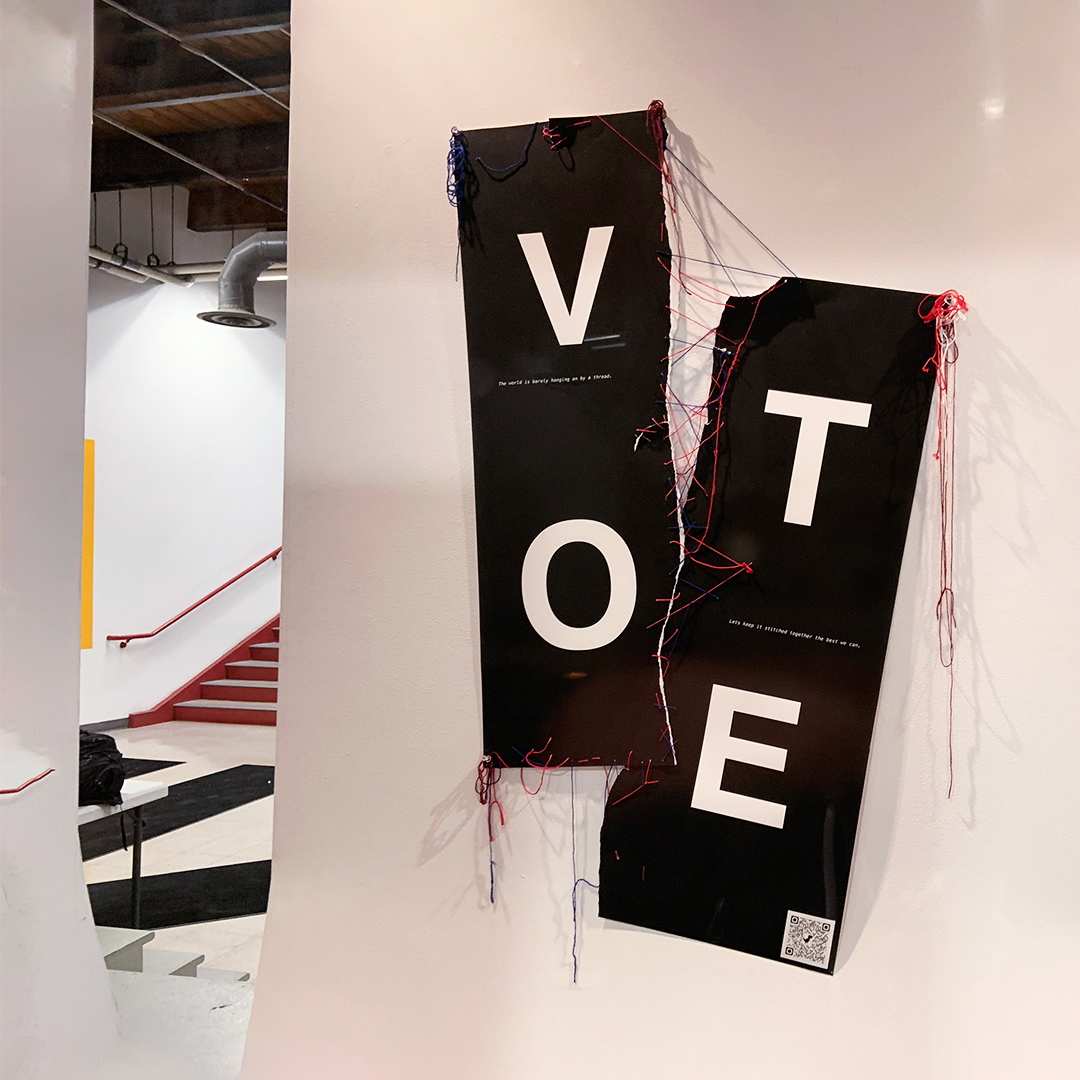
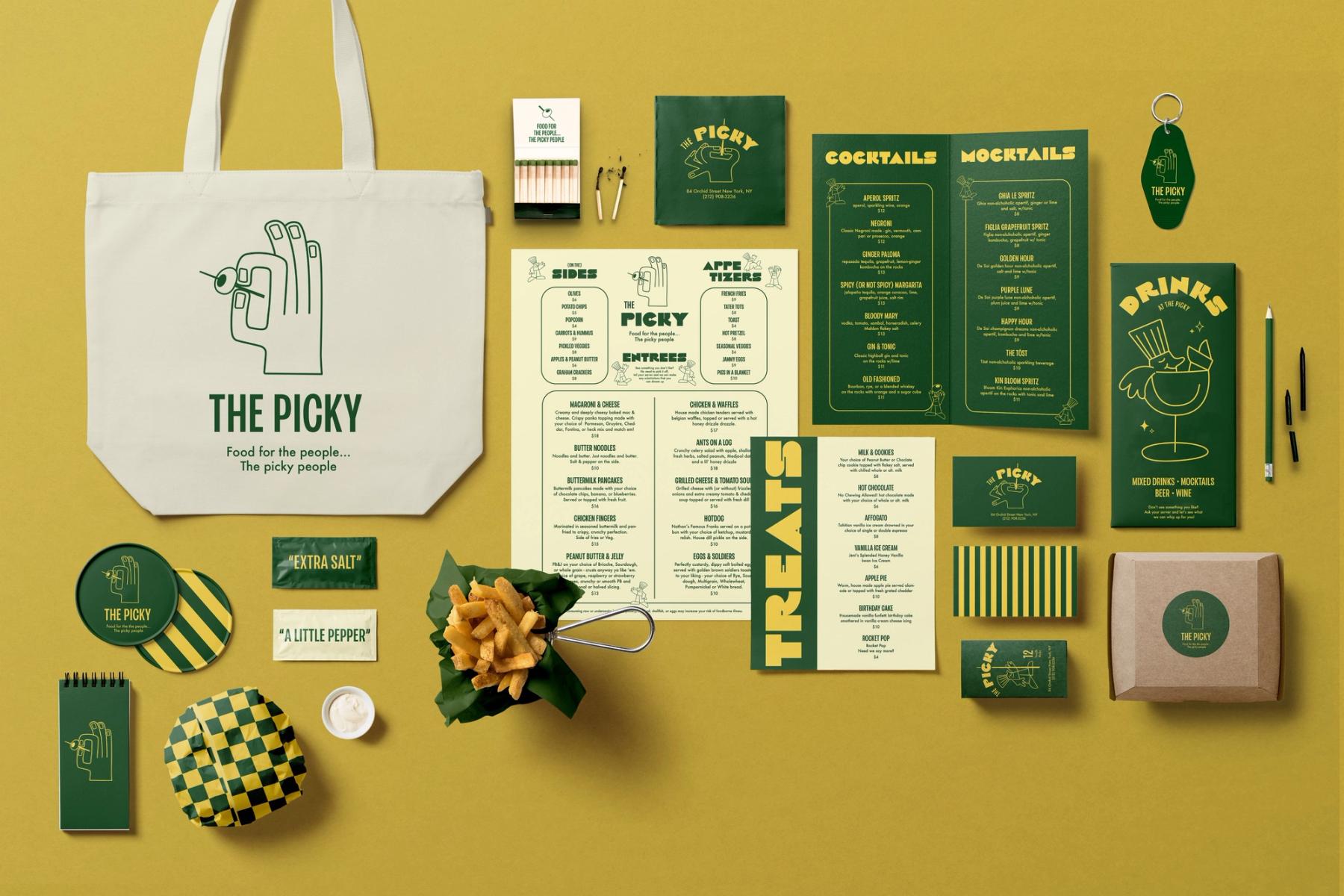
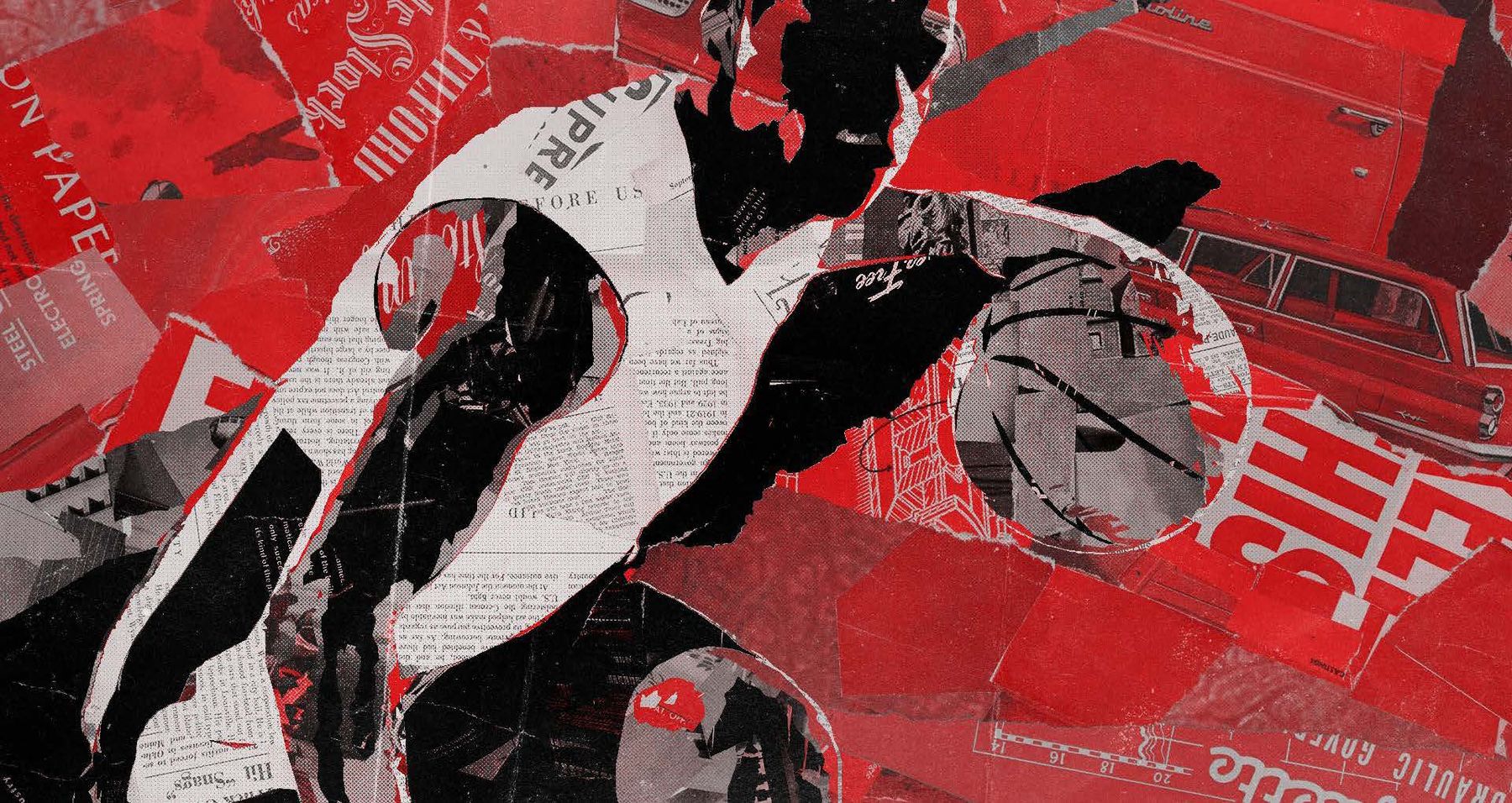
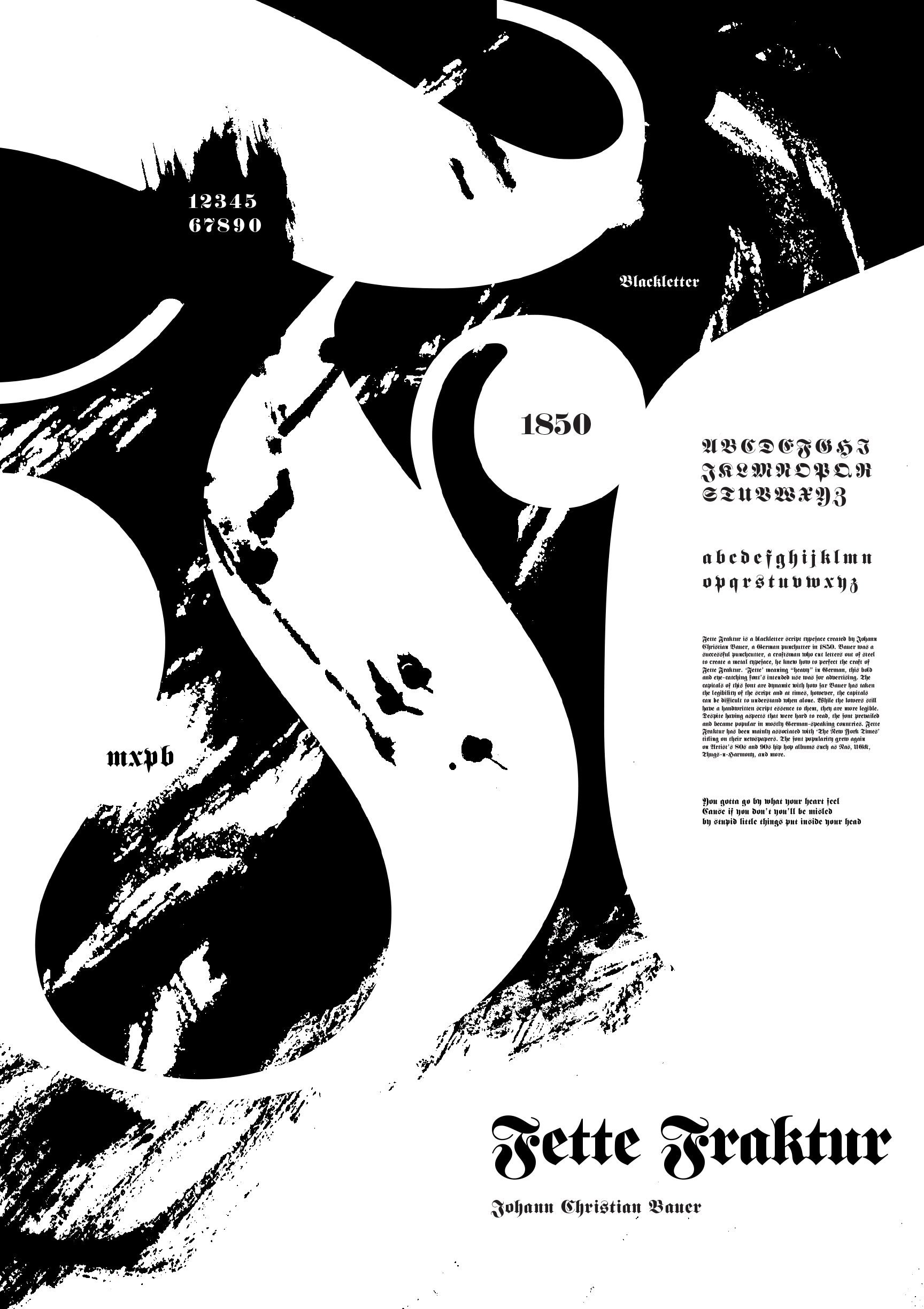
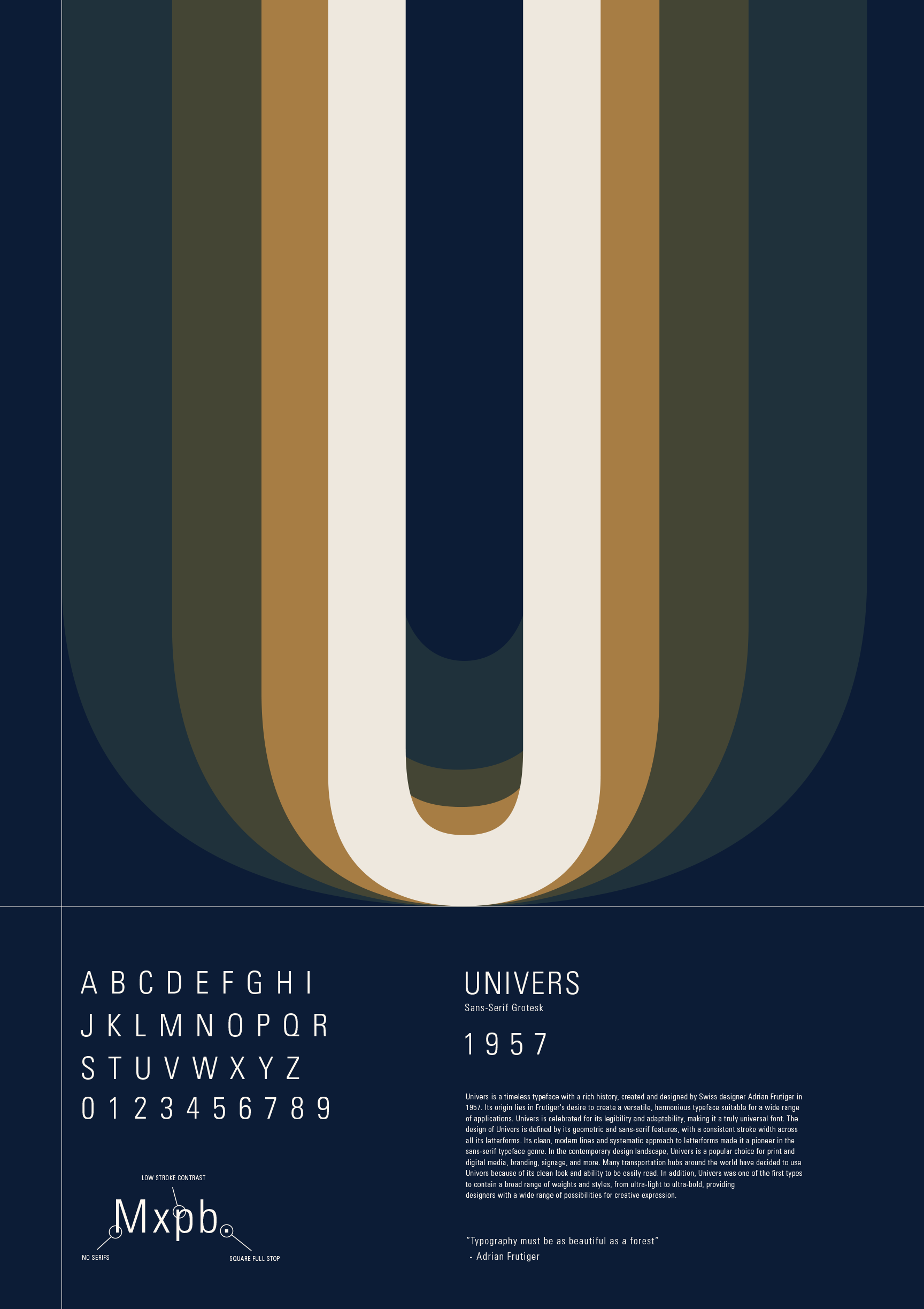
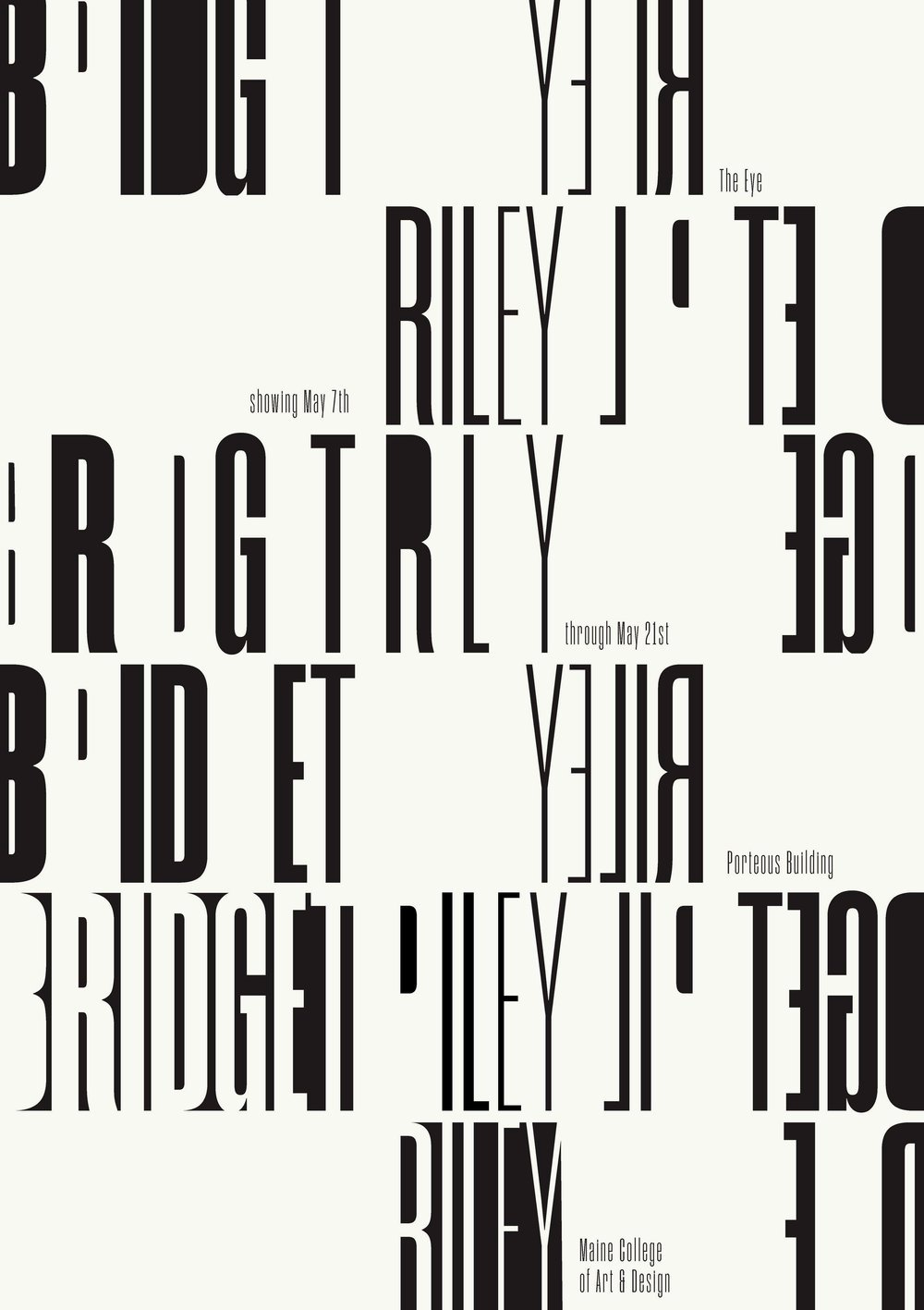
Graphic Design Programs & Outcomes
Faculty
Sample Courses
- GD 111 Perpetual Play
- GD 206 Letterform Design
- GD 211 Typography I
- GD 221 Branding & Visual Systems
- GD 302 Information Design
- GD 323 Type Design
- GD 331 Typography II
- GD 353 History of Graphic Design
- GD 380 Interactive Design
- GD 450 Degree Project
Workspace & Tools
- Risograph machine with five color drums
- Guillotine
- 28” Epson fine art printer
- Perfect binder
- Spiral binder
- Bookbinding tools
- Photo area for tabletop shoots
- Light tables
Graphic design majors each have their own private studios during their third and fourth years with 24/7 studio access.
Learning Outcomes
Students will:
- Communicate ideas visually, solve problems, and think critically.
- Have an understanding of design for production and employ appropriate tools and technology.
- Employ research and information gathering, analysis, concept development, design strategy development, exploration of alternative solutions, design prototyping, and implementation.
- Demonstrate an awareness of contemporary issues, cultural context, authorship and audience perception, have a command of relevant critical language, and are able to think conceptually.
- Be able to use design strategies to explore ideas outside the discipline.
- Have an understanding of collaborative practices in contemporary design, and its role in a professional work environment.
- Speak critically about the design work of others from both historical and contemporary perspectives.
Course of Study
Foundation Year
Fall
- FN 101 Digital Imaging
- FN 109 3D: Materiality
- FN 113 Two-Dimensional Design
- Studio Elective
- EN 100 English Composition
- SEM 100 First Year Seminar
Spring
- DR 100 Introduction to Drawing
- FN 110 4D: Space & Temporality
- FN 108 Research & Inquiry – Studio
- SEM 108 Research & Inquiry – Academic
- AH 101 Art History Survey I
Sophomore
Fall
- GD 211 Typography I
- GD 255 Form & Meaning
- Studio Elective (Student Choice)
- AH 102 Art History Survey II
- Academic Elective
Spring
- GD 331 Typography II
- GD 221 Branding and Visual Systems
- Studio Elective (Student Choice)
- AH 250 Critical Approaches to Contemporary Art
- Academic Elective
Junior
Fall
- GD 380 Interactive Design
- GD 353 History of Graphic Design
- Approved Studio Elective
- Art History Elective
- Academic Elective
Spring
- GD 302 Information Design
- SEM 351 GD Motive, Method, Making
- Approved Studio Elective
- Art History Elective
- Academic Elective
Senior
Fall
- GD 431 Senior Studio
- SEM 451 Professional Studio – Craft
- Approved Studio Elective
- 2 Academic Electives
Spring
- GD 450 Degree Project
- GD 350 Type in Space
- Approved Studio Elective
- 2 Academic Electives
Course Catalog Listing
Degree Projects
Graphic Design Degree FAQ
What degree is best for graphic design?
A BFA in Graphic Design is widely regarded as the best degree for aspiring graphic designers. It offers a comprehensive education, combining technical skills, creative thinking, and industry knowledge. At MECA&D, the BFA in Graphic Design program includes specialized graphic design courses that prepare students for careers in branding, typography, and digital media.
What is the difference between a graphic artist and a graphic designer?
A graphic artist typically focuses on creating visual art for communication or expression, such as illustrations, paintings, or mixed media. In contrast, a graphic designer uses design principles to create visual solutions for specific problems, such as branding, user interfaces, or marketing materials. MECA&D’s graphic design classes teach students to bridge creativity with strategy, preparing them to excel in diverse roles in the graphic arts field.
What type of graphic design is most in demand?
Digital design, particularly UX/UI design and motion graphics, is currently in high demand. These areas involve creating intuitive interfaces for apps, websites, and interactive platforms, as well as eye-catching animations for video content. MECA&D’s graphic design major helps students build the skills needed for these growing fields, with a focus on both creativity and technical expertise.
What is the most common job for a graphic designer?
Graphic designers frequently work in roles related to visual branding and marketing, such as designing logos, promotional materials, and digital graphics. Other common positions include creating website layouts, product packaging, or editorial designs for magazines and books. Our graphic design degree offers the foundation needed to pursue these diverse career paths with confidence.
How many years of college does it take to be a graphic designer?
Most students complete their graphic design education in four years by earning a BFA in Graphic Design. This timeline allows students to develop their creative and technical skills, explore various mediums, and refine their portfolios while meeting industry standards.
Apply for Our Graphic Design Degree Program
Your creativity has the power to inspire, transform, and connect. At Maine College of Art & Design, our BFA in Graphic Design equips you to make an impact through bold ideas and innovative design. Apply today to turn your passion into a career that shapes the world around us.






